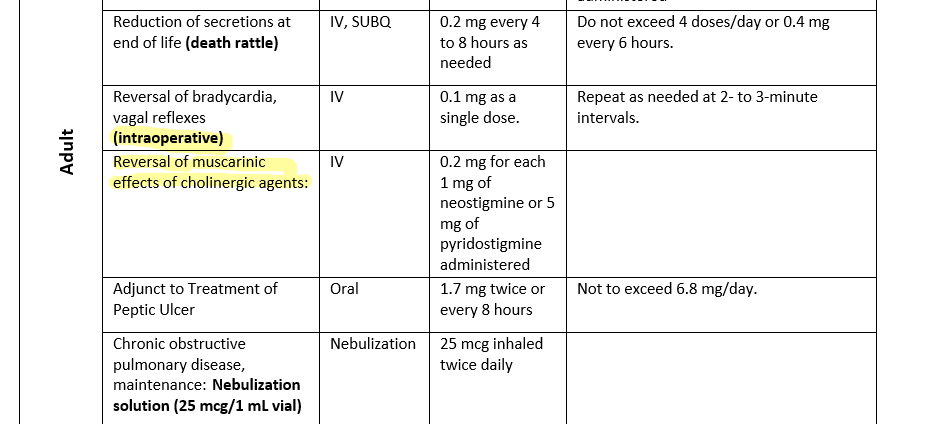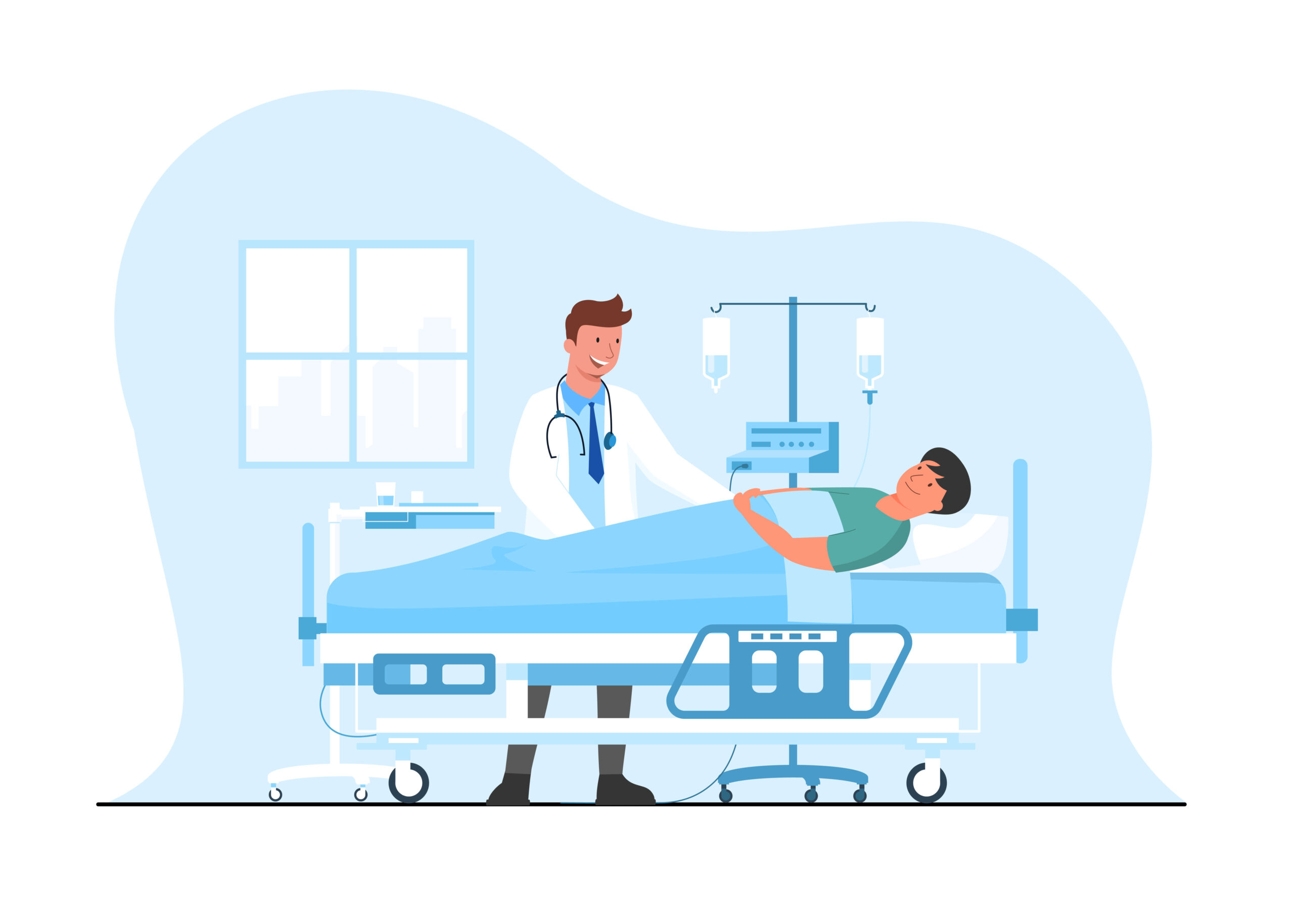
Can’t understand Economics? You’re not alone
August 16, 2022
Incline up With Bariatric Surgery Service
January 25, 2023Introduction: what is glycopyrrolate?
Glycopyrrolate is an anticholinergic medication used to treat conditions like urinary incontinence, overactive bladder, and sweating. It works by blocking the action of the neurotransmitter acetylcholine. Glycopyrrolate is available in oral and injectable forms. The injectable form is given by a healthcare provider and the oral form is taken by mouth. Common side effects of glycopyrrolate include dry mouth, constipation, and blurred vision.
Approved glycopyrrolate indications
- Chronic drooling
- Reduction of secretions (Injections)
- Reversal of bradycardia, vagal reflexes (Injections)
- Reversal of muscarinic effects of cholinergic agents (Injections)
- Chronic obstructive pulmonary disease (Oral inhalations)
Off-label glycopyrrolate indications
- Reduction of secretions at end of life (death rattle)
- Primary focal hyperhidrosis
Glycopyrrolate used in neonatal Endotracheal intubation
Endotracheal intubation is a medical procedure that involves inserting a tube into the trachea (windpipe) to maintain an open airway. This is often done in emergency situations where a person has stopped breathing or their airway is blocked.
There are several different methods of endotracheal intubation, and the one chosen will depend on the individual situation.
Glycopyrrolate is used for neonatal endotracheal intubation in order to prevent secretions from the trachea and bronchi. The recommended dose of glycopyrrolate is 4 to 10 mcg/kg as a single dose.
Glycopyrronium for severe drooling
Drooling is the unintentional spilling of saliva from the mouth. It can be a normal and healthy occurrence, especially in infants and young children. However, excessive drooling can be a sign of an underlying medical condition.
Glycopyrrolate is an anticholinergic medication that is used to treat conditions like drooling. It works by reducing saliva production. The usual dose for children is 20 mcg/kg/dose 3 times daily. And 0.1 mg/kg twice or every 8 hours oral for adults.
Patients <3 years: Safety and efficacy not established.
Adult Patients: Not to exceed 8 mg/day.
How to Control of respiratory secretions with Glycopyrronium
Respiratory secretions are bodily fluids that are expelled through the respiratory system. The primary component of these secretions is mucus, which is produced by the goblet cells in the epithelial lining of the respiratory tract. Mucus serves to trap foreign particles, such as bacteria and viruses, and prevent them from entering the body. Additionally, it moistens and protects the delicate tissues of the respiratory tract.
In healthy individuals, mucus is constantly being produced and cleared from the respiratory tract. However, sometimes mucus production can become excessive, leading to a build-up of secretions in the respiratory tract. This can occur due to a number of factors, including allergies, infection, or irritation of the airways.
Glycopyrronium is an anticholinergic medication that can be used to control respiratory secretions. It works by blocking the action of the neurotransmitter acetylcholine, which is responsible for the production of mucus.
Glycopyrronium dosed as 4 to 10 mcg/kg/dose every 4 to 8 hours for parenteral administration and 40 to 100 mcg/kg/dose every 4 to 8 hours for oral route.
Why administering Glycopyrronium before surgery?
Glycopyrronium is typically administered before surgery to help prevent secretions from building up and causing problems during surgery.
Preoperative administration of glycopyrrolate, a long-acting anticholinergic medication, can help to dry secretions and decrease the risk of pulmonary complications during and after surgery. Glycopyrrolate works by blocking the action of acetylcholine, a neurotransmitter that plays a role in stimulating glandular secretion. This can help to reduce the amount of mucus produced in the airways and make it easier to clear secretions postoperatively. In addition, glycopyrrolate may also help to decrease the heart rate and blood pressure, which can be helpful in managing surgical stress.
Glycopyrrolate dosing during operation for pedia

Glycopyrrolate dosing during operation for Adults

Glycopyrronium for death rattle
Death rattle is a condition that occurs when a person is dying and their body secretions accumulating in the throat and upper chest. This can cause a rattling sound when they breathe, which can be distressing for both the person and their loved ones.
Glycopyrrolate can help Reduce secretions at end of life; given IV or SUBQ dosed as 0.2 mg every 4 to 8 hours as needed.
Do not exceed 4 doses/day or 0.4 mg every 6 hours.
Glycopyrronium for peptic ulcer
A peptic ulcer is a sore on the lining of your stomach or the first part of your small intestine (duodenum). Peptic ulcers develop when the acids that digest food damage the lining of your stomach or duodenum.
Glycopyrrolate inhibits the action of acetylcholine, which reduces stomach acid production. The recommended dose of glycopyrronium for peptic ulcer treatment is 1.7 mg twice or every 8 hours.
Not to exceed 6.8 mg/day.
Can Glycopyrrolate be used as nebulization?
Yes it can, in face it’s used to treat COPD dosed as 25 mcg inhaled twice daily.









